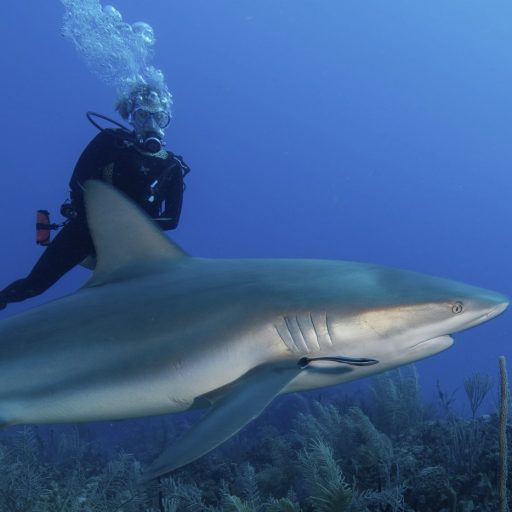Scuba diving is a type of underwater diving that involves the use of breathing apparatus independent of a surface air supply. The name scuba diving is derived from a 1952 patent by Christian J. Lambertsen. It was first popularized in the 1950s and has become a highly popular sport in many parts of the world. Scuba divers are able to see and feel more underwater than other types of divers. This is particularly advantageous when exploring uncharted regions or in remote areas.
While diving is generally considered a safe and enjoyable activity, it has its risks. While scuba diving requires minimal equipment, it can cause serious injuries or even death. As a result, scuba divers must always take the time to train to prevent such incidents. While scuba diving is an enjoyable activity, divers should consider their own health when participating in it. Taking oxygen during the dive can cause decompression sickness, so it is very important to practice your rescue techniques before going on a trip.
Scuba diving lingo consists of two main forms: hand signals and regular spoken language. Since scuba divers cannot speak, they must rely on hand signals to communicate with each other. For example, thumbs up is a common sign of happiness while the thumb pointing down is a sign of displeasure and frustration. Likewise, the palm of the hand indicates a negative emotion. However, in a positive light, thumbs up is a reassuring signal that should be understood by all divers.
Scuba divers can also get seasick when they are in water. The best way to treat this problem is to keep hydrated, avoid unnecessary motion, and look at the horizon while in the water. A diver can even vomit, but it can dehydrate them further. Fortunately, most people get over it once the dive starts, and the symptoms will go away as they recover. Nevertheless, they should always seek medical attention and treatment as soon as possible if they get sick.
In addition to personal safety, scuba divers should always be aware of the potential risk of their bodies. Besides being in the water, scuba diving is a sport that can cause injury and death if not done properly. The simplest scuba diver can swim at least 50 meters with a buddy and experience the same dangers as experienced divers. While the distance varies from site to site, the more adventurous the diver, the higher the risk of being injured.
Scuba divers need a special mask and scuba tank. These devices allow them to breathe underwater while maintaining an air pressure of around ten to fifteen psi. This can lead to a decompression sickness and bends. For those who are afraid of the water, a mask is an ideal way to protect yourself and other divers. The regulator can also help to reduce the risk of a decompression illness and can be used by experienced divers.
